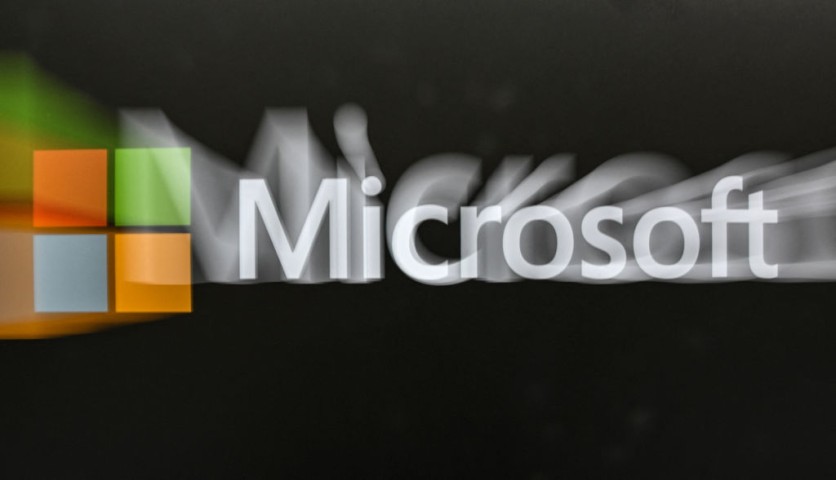Microsoft is set to unveil a new in-house AI language model named MAI-1, aiming to rival the capabilities of Google and OpenAI, The Information reports.
What Is MAI-1?
MAI-1 is part of Microsoft's strategy to assert its presence in the AI domain. The model, as reported by Reuters, is being developed internally and is designed to match the scale and sophistication of AI models from tech giants Google and OpenAI.
Mustafa Suleyman, a prominent figure in the AI community, oversees the development of MAI-1. According to The Information, Suleyman, previously associated with Google DeepMind and the CEO of AI startup Inflection, brings extensive expertise to the project. While Microsoft acquired Inflection and its intellectual property for $650 million, MAI-1 is an independent initiative.
The scale of MAI-1 is noteworthy. The model is expected to feature approximately 500 billion parameters, significantly larger than Microsoft's previous AI offerings, The Information reports. Such complexity demands substantial computing power and resources for training.

The Microsoft logo is pictured before CEO Satya Nadella's speech during an event named Microsoft Build AI Day in Kuala Lumpur on May 2, 2024. Microsoft on May 2, 2024 pledged a $2.2 billion investment in artificial intelligence and cloud computing in Malaysia to help develop the country's AI infrastructure, the tech giant said in a statement.
Microsoft's Ballooning AI Spending
CNBC tells us in a recent report that Microsoft's commitment to AI is reflected in its increased capital expenditures. The company's spending surged by 79% to $14 billion, with a significant portion allocated to AI infrastructure.
However, Microsoft faces challenges in meeting the burgeoning demand for AI computing power, with a shortage of data center infrastructure impacting deployment capabilities.
AI services are integral to Microsoft's Azure cloud computing platform, CNBC explains. Azure's revenue witnessed a notable 31% increase, with AI contributing significantly to this growth. Nevertheless, supply constraints, including those from hardware suppliers like Nvidia, pose challenges to Microsoft's ambitions in the AI space.
The rise of generative AI models has fueled demand for AI-powered features across various products and services. Microsoft has responded by integrating AI assistants into its offerings, such as the Teams communication app and the Bing search engine.
Microsoft plans to intensify its investment in cloud and AI infrastructure, CNBC reports. The company aims to increase capital expenditures, particularly for cloud infrastructure, to address escalating demand. Azure's AI services are a critical battleground in Microsoft's rivalry with Amazon Web Services.
In Other News
Google recently added advanced artificial intelligence (AI) capabilities to its Security Operations (SecOps) platform to improve its security suite.
These enhancements, first announced at the RSA Conference, aim to improve the detection, investigation, and response processes to cybersecurity threats.
Stay posted here at Tech Times.

ⓒ 2026 TECHTIMES.com All rights reserved. Do not reproduce without permission.




